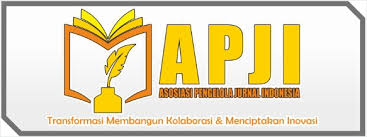Efforts of Islamic Religious Education Teachers in Overcoming Difficulties in Reading the Qur'an for Students
DOI:
https://doi.org/10.70610/edujavare.v2i1.787Keywords:
Islamic Religious Education, Quranic Reading Challenges, Teacher InitiativesAbstract
The ability to read the Qur'an correctly is a fundamental aspect of Islamic education that contributes significantly to students' spiritual and moral development. However, many students at SMP Muhammadiyah 50 Medan still face challenges in reading the Qur'an fluently and accurately due to difficulties in recognizing similar hijaiyah letters, lack of practice outside of school, and low motivation influenced by digital distractions. This study aims to assist Islamic Religious Education (PAI) teachers in improving students' Qur'an reading skills through targeted strategies and supporting programs. The method used is a qualitative approach involving observation, interviews with tahfidz teachers, and participatory involvement in classroom activities to identify obstacles and evaluate the teaching approaches applied. The results of the study indicate that although the tahfidz program has been running for the past two years, student progress still varies due to limited learning time and the absence of structured support at home. Teachers respond by providing additional lessons, using reward-based motivation, and adjusting students' learning levels to accommodate their abilities. The conclusion highlights that although schools have demonstrated strong commitment through the tahfidz initiative, a more comprehensive strategy, including parental involvement and technological support, is needed to achieve significant improvements. The program contributes to the development of more effective religious teaching methods that can be adapted to current educational challenges in public schools.
Downloads
Published
How to Cite
Issue
Section
License
Copyright (c) 2024 EDUJAVARE: International Journal of Educational Research

This work is licensed under a Creative Commons Attribution-NonCommercial-ShareAlike 4.0 International License.
License: CC BY-SA 4.0 (Creative Commons Attribution-ShareAlike 4.0 International License)









